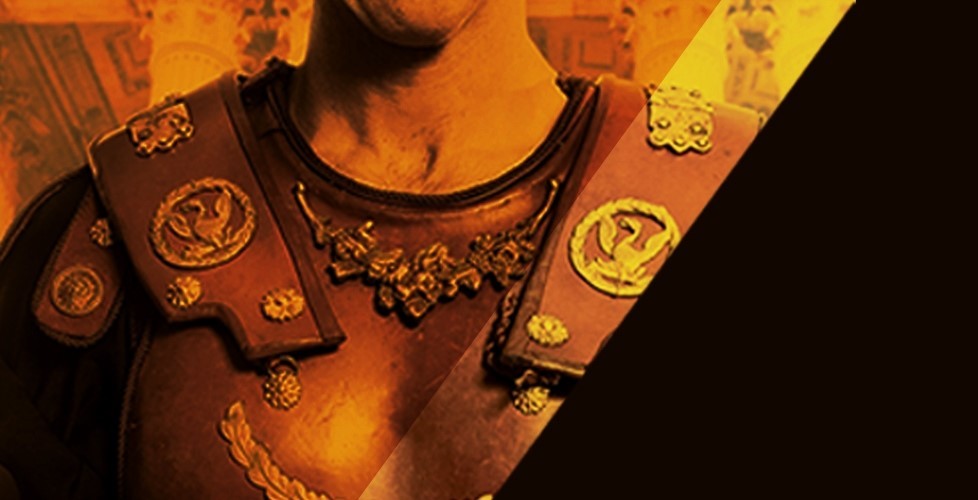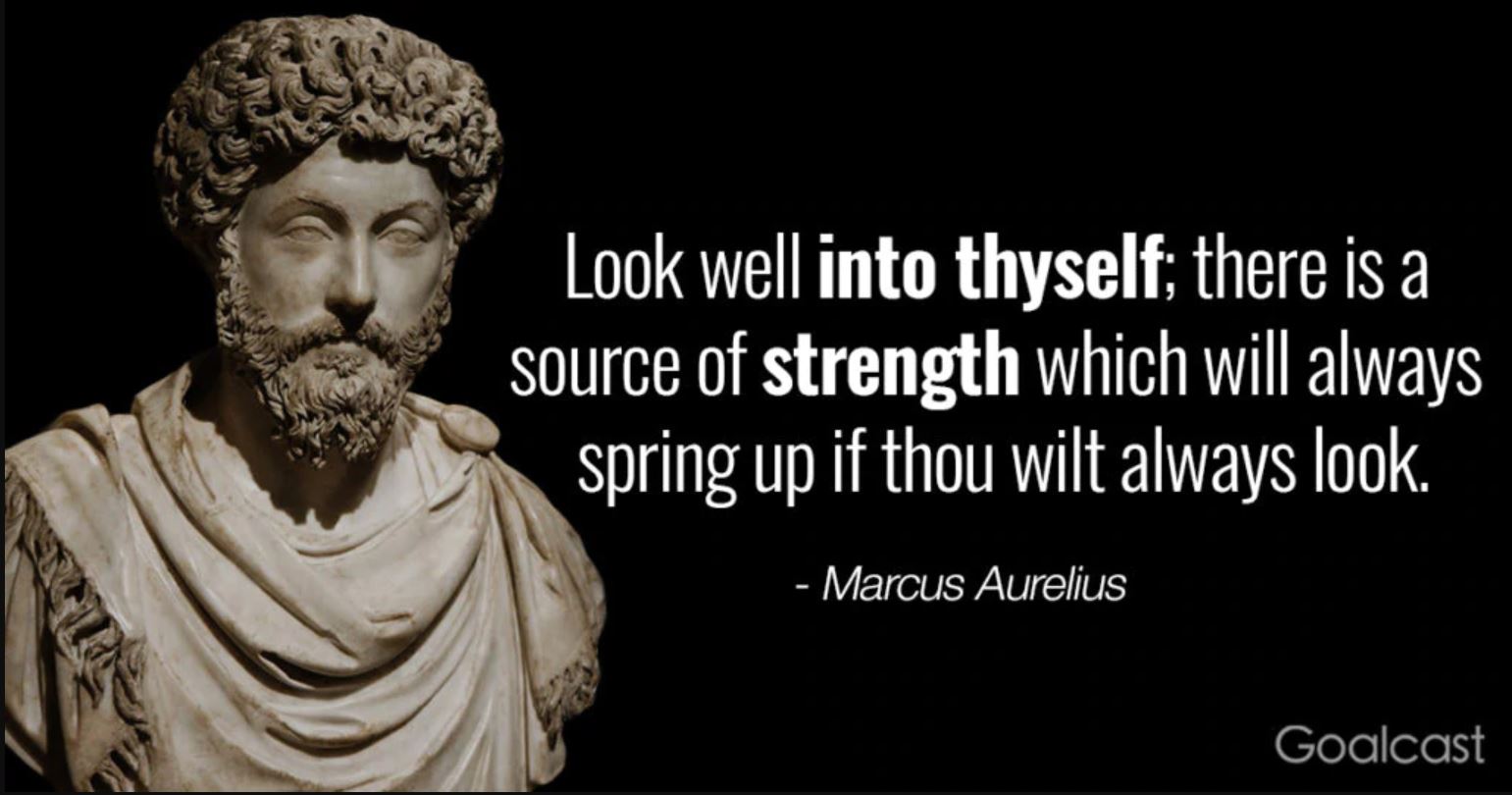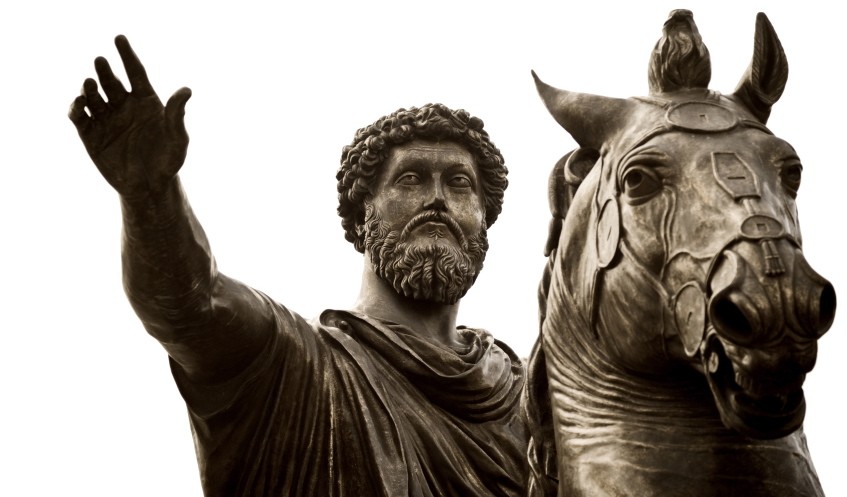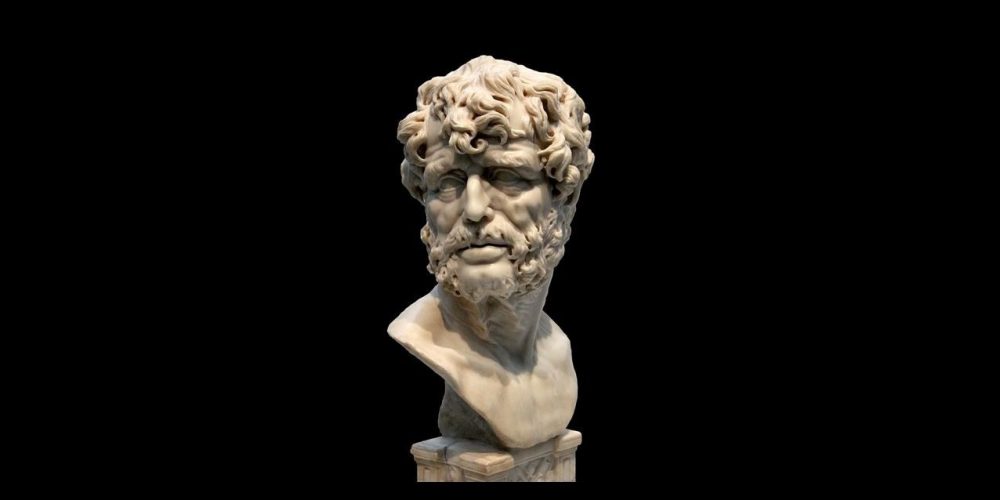Written by Ed Whalen, Contributing Writer, Classical Wisdom We think of Graeco-Roman world as a fairly rational, even secular. However, classical societies were extremely superstitious. In the ancient world, people used religion and magic to help them to cope with what, for them, could be an unpredictable and brutal world. This led to the rise






